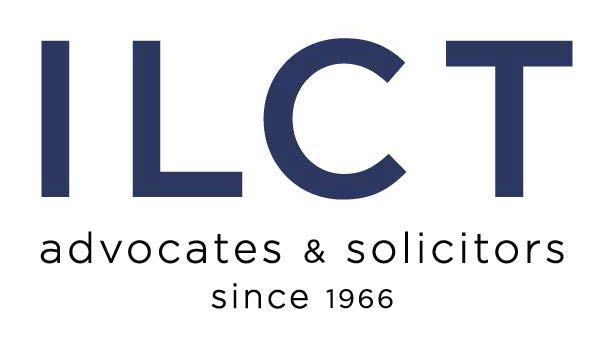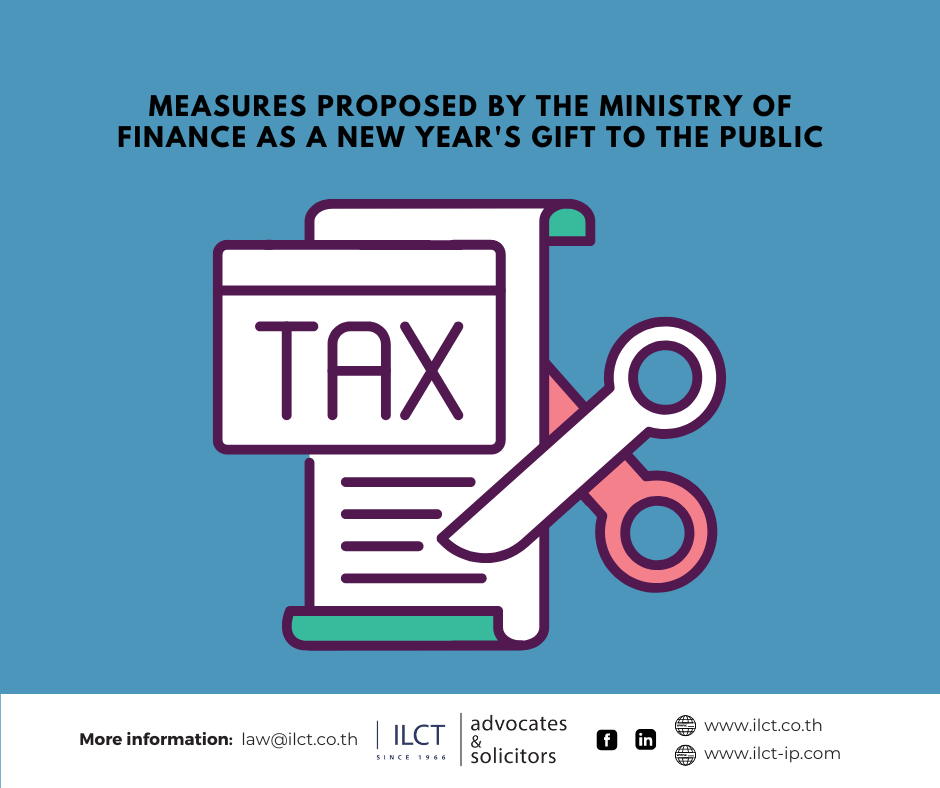Introduction:
Thailand maintains its position as a popular destination for foreign investment, with a stable economy, favorable investment climate, and strategic location in Southeast Asia. In 2022, foreign investment increased by 56% to 129 billion baht. With 151 investors (or 26% of the overall foreign investors) investing a total amount of 39.5 billion Baht, Japan is the leading foreign investor in Thailand. For Japanese investors, Thailand offers a range of investment opportunities across various sectors, from manufacturing and electronics to tourism and renewable energy.
In this article, we will provide an in-depth guide to investing in Thailand for Japanese outbound investors. We will discuss the legal and regulatory framework governing foreign investment in Thailand, the industries and sectors that offer the most promising investment opportunities for Japanese investors, and the investment strategies and structures that are most effective in the Thai market.
By the end of this article, readers should have a fairly good understanding of the Thai investment landscape and the key considerations for Japanese investors looking to invest in the country. Whether you are a seasoned investor or new to the Thai market, this article will provide you with the insights and knowledge you need to make informed investment decisions and maximize your chances of success in Thailand.
Section 1: Understanding Thailand’s Legal and Regulatory Framework
Foreign investors need to seek advice on Thailand’s legal and regulatory framework prior to investing in Thailand for there are various investment structures available to be considered, from branches of overseas parents to subsidiaries and unincorporated joint ventures (popularly chosen for construction or fixed-term projects). Each structure has its own advantages and disadvantages, and it is important to carefully consider the specific needs and goals of the investment before deciding on a structure.
The country has a range of laws and regulations that govern foreign greenfield investments, including the Foreign Business Act and the Investment Promotion Act. In this regard, understanding Thailand’s legal and regulatory framework is crucial for foreign investors looking to invest in the country. By navigating these laws and regulations carefully, foreign investors can unlock the full potential of Thailand’s economy and maximize their chances of success in the country.
The Foreign Business Act (FBA), B.E. 2542 (1999) is the primary law regulating foreign investment in Thailand. It sets out the rules and procedures for foreign businesses operating in the country and defines the types of businesses that are restricted or prohibited from foreign ownership. Under the FBA, foreign ownership is restricted or prohibited in certain sectors, such as banking, telecommunications, and media. However, foreign investors may be allowed to invest in these sectors through incorporated joint ventures with Thai investors or by obtaining special permission from the relevant government agencies. The FBA also governs the establishment of foreign representative and regional offices in Thailand. While these procedures are optional, they can be beneficial for limited “non-trading” activities such as market surveys, quality control work, and the search for Thai products to be exported. However, if a foreign company engages in such activities, it will be required to obtain a Foreign Business License from the Department of Business Development, Ministry of Commerce. This process typically takes around three months, and if approved, the company will be entitled to receive up to two visas and work permits for a representative office and five for a regional office for its expatriate managers. Foreign banks, securities companies, and finance companies may establish representative offices under separate regulations.
The Foreign Business License (FBL) allows foreigners to own 100% of a company incorporated under Thai law, the FBL is required for all foreign-owned businesses operating in Thailand, except for those that are exempt under the FBA or the Investment Promotion Act (IPA). The application process for the FBL requires detailed information about the proposed business activities and shareholding structure and the key to successfully obtaining the FBL is to show that such foreigner can transfer knowledge and technology to the Thai people, including hiring Thai people. Once the FBL is obtained, the next step is to register the business with the Department of Business Development and obtain a company registration number. Foreign-owned companies must also obtain various licenses and permits, such as tax identification numbers, VAT registration, and work permits for foreign employees.
The IPA is another key piece of legislation that encourages and regulates foreign investment in Thailand. The IPA provides various incentives to foreign investors, such as tax holidays, exemptions on import duties, and permission to own land. The incentives offered by the IPA are intended to attract foreign investment to certain targeted industries and regions.
Section 2: Factors to be considered when establishing a business organization in Thailand
When establishing a business organization in Thailand, there are several factors to consider, including non-tax considerations and tax considerations. From a non-tax perspective, it may be advantageous to form a Thai limited company instead of a branch of a foreign corporation, as the former allows for more flexibility in terms of ownership, and may be easier to obtain registrations and licenses. When dealing with the Thai government, it is also generally advantageous to be a company incorporated in Thailand, as this may lead to the granting of certain privileges and permissions.
On the tax front, all companies incorporated under Thai law or incorporated under foreign law and carrying out business in Thailand are subject to Thai corporate income tax on net profit. However, net profits of branches operating business abroad will be subject to Thai corporate income tax if the head office is incorporated under Thai Law. The activities of representative offices and regional offices may not incur a corporate income tax liability if they are limited to some specific one. Dividends paid to foreign parent companies or shareholders are subject to a withholding tax. The withholding tax may be exempted under the mentioned IPA. The remittance of profits by a branch to the head office is also subject to a withholding tax. Interest, fees, and other amounts remitted to foreign corporate shareholders are subject to a withholding tax, but payments of such amounts by a branch to its head office may be treated as a taxable remittance of profit.
Foreign tax credits may be available in some cases. Moreover, double taxation may be eliminated with the methods specified in the Avoidance of Double Taxation Agreement between Thailand and relevant countries, i.e., underlying tax credit and tax sparing credit. It is recommended to consult with tax counsel to determine the availability of double taxation elimination agreements and the impact of any applicable treaties.
Section 3: Opportunities in Thailand’s Investment Landscape
The Japan-Thailand Economic Partnership Agreement (JTEPA) is a key factor that makes Thailand an attractive destination for Japanese investors. The JTEPA is a bilateral free trade agreement that was signed in 2007 and aimed at strengthening economic ties between Japan and Thailand. The agreement offers various benefits for Japanese investors, including reduced tariffs on goods and services, streamlined customs procedures, and protections for intellectual property rights. Consequently, the manufacturing sector offers attractive investment opportunities for Japanese investors, also considering that most manufacturing businesses are not on the restricted list and can be 100% Japanese-owned. Thailand offers a skilled workforce, a strategic location in Southeast Asia, and a favorable investment climate. It has a well-established manufacturing industry, with a strong focus on food processing, electronics, and automotive. Japanese companies, historically, have been among the largest investors in Thailand’s manufacturing sector, with a particular focus on automotive production and assembly. In addition, the Industrial Estate Authority Act also provides the benefit of allowing foreign investors to own a land provided that certain conditions are met.
Another sector that offers significant potential for Japanese investors is renewable energy. Thailand has set ambitious targets for renewable energy development, aiming to increase the share of renewable energy in its total energy mix to 30% by 2037. The country offers a range of incentives for renewable energy development, including tax incentives, feed-in tariffs, and soft loans. Japanese companies have already made significant investments in Thailand’s renewable energy sector, with projects in solar, wind, and biomass energy.
Tourism-related businesses also offer potential investment opportunities for Japanese investors. Tourism industry accounts for a significant share of the country’s GDP and Japan is one of the top sources of foreign tourists in Thailand, with millions of Japanese visitors traveling to the country each year. Several Japanese companies invested, subject to the FBA, in Thailand’s tourism sector, with projects in hotel and resort development, entertainment, and leisure. In the past few years, and with more strength after the Covid-19 pandemic, the Thai government has launched various initiatives to promote tourism all over the world, such as the “Amazing Thailand” campaign, which aims to boost the number of international visitors to the country.
Conclusion:
Thailand offers a promising investment destination for Japanese outbound investors, thanks to its strategic location, skilled workforce, and business-friendly environment. However, investing in Thailand requires a thorough understanding of the legal and regulatory framework, as well as the cultural nuances of doing business in the country.
It is important for Japanese investors to work with experienced legal counsel and seek out professional advice to maximize their chances of success in Thailand. By carefully evaluating potential investment opportunities, negotiating contracts effectively, understanding cultural differences, and selecting the appropriate investment structure, Japanese investors can successfully navigate the Thai market and realize significant returns on their investments.
We encourage readers to explore potential investment opportunities in Thailand and seek out the expertise of ILCT professionals to guide them through the investment process.
Authors:
LinkedIn: https://th.linkedin.com/company/ilct—international-legal-counsellors-thailand-ltd-
Facebook: https://www.facebook.com/ILCTBangkok/?locale=th_TH
Legal overview for Japanese investment in Thailand-download

